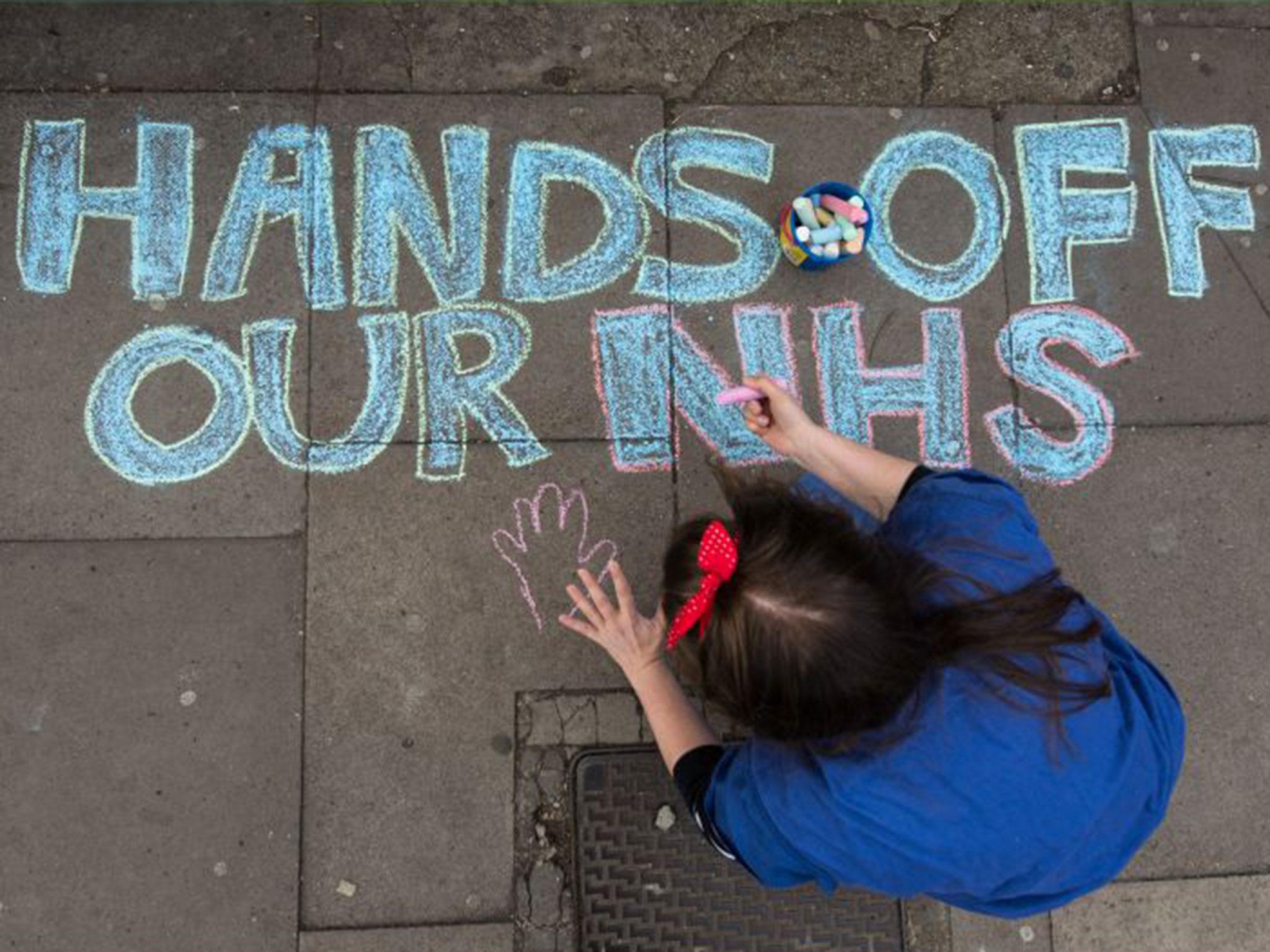Exclusive: Majority of people in the UK supported junior doctors' all-out strike last week
The finding will come as a relief to the British Medical Association following fears among some doctors that hitting emergency care would reduce public support for their action

Your support helps us to tell the story
From reproductive rights to climate change to Big Tech, The Independent is on the ground when the story is developing. Whether it's investigating the financials of Elon Musk's pro-Trump PAC or producing our latest documentary, 'The A Word', which shines a light on the American women fighting for reproductive rights, we know how important it is to parse out the facts from the messaging.
At such a critical moment in US history, we need reporters on the ground. Your donation allows us to keep sending journalists to speak to both sides of the story.
The Independent is trusted by Americans across the entire political spectrum. And unlike many other quality news outlets, we choose not to lock Americans out of our reporting and analysis with paywalls. We believe quality journalism should be available to everyone, paid for by those who can afford it.
Your support makes all the difference.A majority of people supported last week’s all-out strike by junior doctors in England, according to a survey for The Independent.
ORB, who conducted the poll, found that 58 per cent of the public agree that doctors were right to strike over the Government’s decision to impose a new contract on them, even though it affected accident and emergency services. Three in 10 people (31 per cent) disagreed with this statement, while 11 per cent replied “don’t know”.
The finding will come as a relief to the British Medical Association following fears among some doctors that hitting emergency care would reduce public support for their action. Advance warning of last week’s stoppages gave hospitals time to plan ahead, drafting in consultants to cover for junior doctors and preventing major problems that might have turned opinion against the strikers. However, many patients did stay away from accident and emergency departments because of the action.
With the Government standing firm against concessions on pay for Saturday working, which has been demanded by the BMA, the doctors face a difficult dilemma as they plot their next move. Options include an indefinite strike, stoppages at shorter notice to hit emergency care harder and mass resignations from the NHS.
ORB’s survey of 2,000 people was conducted between Wednesday and Friday. The two strikes took place between 8am and 5pm on Tuesday and Wednesday.
The strongest levels of support for the striking doctors was among 18-24 year-olds, 68 per cent of whom backed the strike and only 18 per cent believed it was wrong. The most hostile group was those aged 65 and over. Among this group, only 45 per cent thought the doctors were right to strike and 50 per cent opposed the action. But a majority in all age groups under 65 backed the strikes.
Public sector workers (70 per cent) were more likely to say the doctors were right to strike than people working in the private sector (58 per cent).
Support for the doctors’ action was highest in Scotland (69 per cent), which was not affected by the strikes, the North East (64 per cent) and the West and East Midlands (both 60 per cent). It was at its lowest in Yorkshire and Humberside (48 per cent).
Ministers hope that public sympathy for the doctors will wane if they hold more strikes, forcing the BMA to back down. However, another poll last week suggested that the public increasingly blame the Government for the bitter dispute. YouGov found that the number of people who believe the Government is most to blame has risen from 45 to 52 per cent since February, while the proportion who think the BMA is most responsible has dropped from 12 per cent to 9 per cent. The number blaming both parties equally has fallen from 30 per cent to 27 per cent.
Join our commenting forum
Join thought-provoking conversations, follow other Independent readers and see their replies
Comments